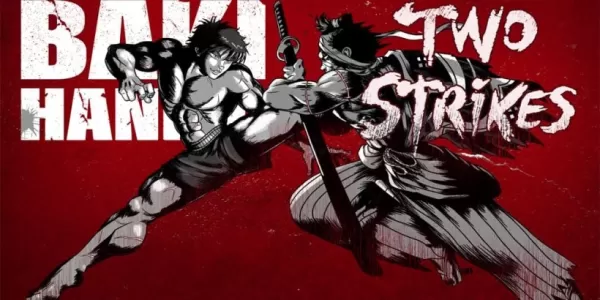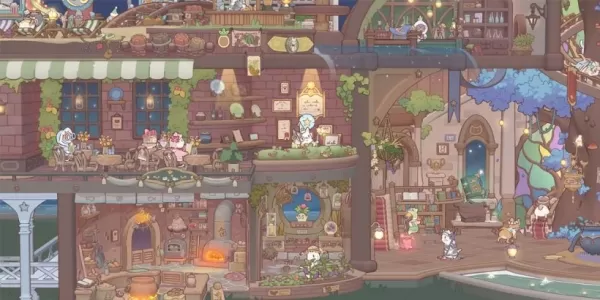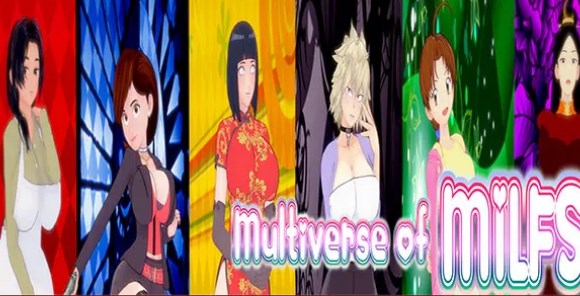The discussion around turn-based games in the realm of role-playing games (RPGs) has been reignited with the release of Clair Obscur: Expedition 33. This new RPG, which launched last week, has been praised by IGN and other outlets as an exemplary addition to the genre. Drawing clear inspiration from classics, it features a turn-based combat system, Pictos to equip and master, zoned-out "dungeons" to explore, and an overworld map. In an interview with RPGsite, producer Francois Meurisse highlighted that the game was designed as a turn-based RPG from the outset, taking particular influence from Final Fantasy VIII, IX, and X, as well as incorporating elements from Sekiro: Shadows Die Twice and the Mario & Luigi series. This blend results in a gameplay experience that feels both traditional and action-oriented, sparking renewed interest and debate within the gaming community.
The success of Clair Obscur: Expedition 33 has fueled discussions on social media, particularly in relation to the Final Fantasy series. Naoki Yoshida, producer of Final Fantasy XVI, has publicly discussed the shift towards more action-based mechanics in RPGs, citing a growing preference among younger audiences for real-time action over turn-based systems. This perspective is reflected in recent Final Fantasy titles such as XV, XVI, and the VII remake series, which have moved away from traditional turn-based combat.
However, the narrative is more complex than a simple dichotomy between turn-based and action-based systems. Square Enix has not abandoned turn-based RPGs entirely; for instance, Octopath Traveler 2 and the upcoming Bravely Default remaster for Switch 2 are testament to their continued support for the genre. The suggestion that Final Fantasy should emulate Clair Obscur: Expedition 33 overlooks the unique aesthetic and narrative elements that define the Final Fantasy series. While comparisons between the two are inevitable, reducing Clair Obscur to a mere imitation of Final Fantasy does not do justice to its innovative combat mechanics and distinct identity.
The debate over turn-based versus action-based RPGs is not new. Similar discussions have surrounded games like Lost Odyssey and comparisons between Final Fantasy VII and VI. Sales performance is another critical factor, as Yoshida noted when discussing the development direction of Final Fantasy XVI. Despite this, Clair Obscur: Expedition 33 has achieved remarkable success, selling 1 million copies in just three days, indicating strong demand for well-crafted turn-based RPGs.
Other recent successes in the turn-based RPG space, such as Baldur's Gate 3 and Metaphor: ReFantazio, further demonstrate that there is a vibrant market for these games. Clair Obscur: Expedition 33's success is a significant achievement for Sandfall Interactive and Kepler, signaling a potential resurgence of mid-budget RPGs. Whether it will influence the future direction of major franchises like Final Fantasy remains to be seen, as broader industry trends and development costs also play a role.
Ultimately, the lesson from Clair Obscur: Expedition 33's success is the importance of authenticity and innovation. As Larian CEO Swen Vincke noted regarding Baldur's Gate 3, the key to success lies in creating a game that the development team is passionate about. This approach not only resonates with players but also distinguishes a game in a crowded market, avoiding the pitfalls of mere imitation.







![NULL [Remastered]](https://imgs.39man.com/uploads/71/1719651062667fcaf6c483b.png)








